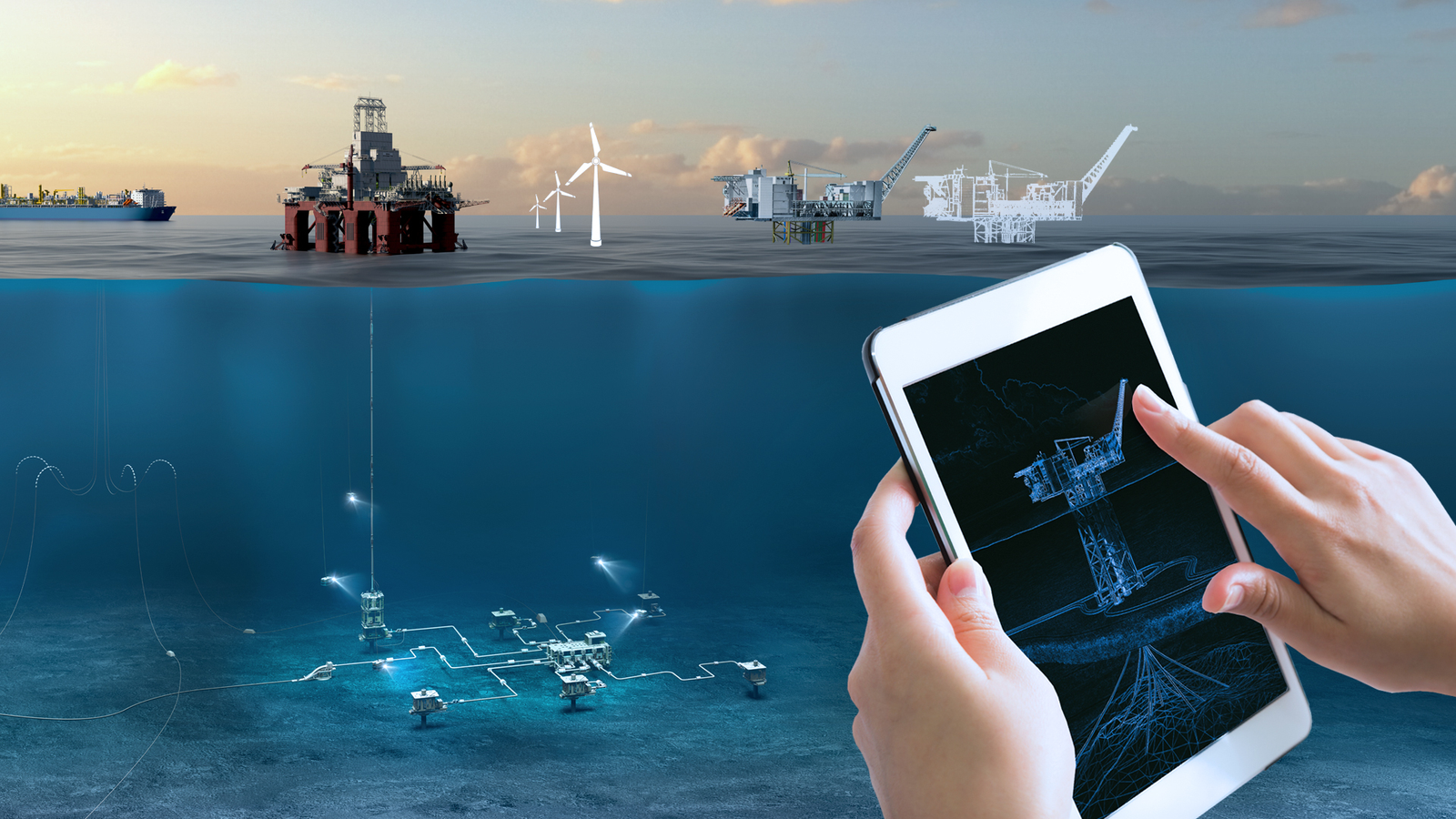The digital transformation of the oil and gas industry is not merely a technical shift; it represents a complete reimagining of how energy systems operate and communicate. The International Federation for Oil and Gas (IFOG) recognizes that data has become the most valuable resource in this industry—capable of achieving unprecedented efficiency, enhancing safety, and promoting environmental responsibility.
To achieve this goal, the Federation has introduced a comprehensive framework called Smart Energy Integration, which aims to seamlessly combine operational technology with information technology. This approach enables companies to connect every component of their infrastructure—from drilling platforms and refineries to transportation and market analytics—within a unified digital system.
One of the most significant developments supported by the Federation is predictive analytics. Real-time data is collected from sensors embedded in equipment, then analyzed to detect signs of wear, pressure fluctuations, or temperature anomalies before they lead to failures. This minimizes downtime and maintenance costs while improving worker safety by reducing exposure to hazardous environments. Predictive analytics has transformed maintenance culture—from reactive to preventive, and from experience-based to data-driven.
The Federation also places great emphasis on cybersecurity, considering it the foundation of digital transformation. As energy operations become increasingly interconnected, the risk of cyberattacks grows. A single breach could disrupt supply chains or threaten national infrastructure. For this reason, the Federation launched the Digital Resilience Program, which establishes standards for protecting digital assets, encourages encryption, and trains employees to respond rapidly to threats. It also collaborates with international agencies to ensure that digital transformation strengthens global energy stability rather than undermining it.
The Federation also focuses on achieving sustainability through data intelligence. Modern monitoring systems enable real-time tracking of greenhouse gas emissions, allowing for immediate adjustments to reduce environmental impact. Satellite imagery and drone technology help monitor vast operational sites accurately and non-intrusively, enhancing transparency and environmental compliance. The result is a more open, accountable industry that views technology as a tool for protection, not exploitation.
At the same time, the Federation encourages the use of digital ledger technology to enhance transparency in supply chains. This technology records every transaction and material movement in an immutable digital record, ensuring traceability of petroleum products from source to consumer. It reduces fraud and corruption while strengthening public trust in the sector.
Digital twin technology has also revolutionized facility design and operation. It creates digital replicas of real assets—such as refineries, platforms, or networks—allowing engineers to simulate performance under various conditions before applying decisions in the field. This reduces risks, saves costs, and accelerates innovation. The Federation works to standardize this technology globally to ensure data accuracy and quality.
The human element remains central to this transformation. While machines and algorithms handle complex analysis, it is humans who interpret and make decisions. Therefore, the Federation invests in education and digital training programs to prepare workers to understand data, manage automated systems, and uphold ethical standards in AI-driven environments. The goal is for technology to serve humanity—not replace it.
The Federation’s Data Ethics Council oversees the responsible use of digital technologies by setting rules to prevent misuse of information, protect privacy, and ensure that artificial intelligence operates within moral and human values. The Federation believes that progress without ethics cannot endure.
The benefits of digital transformation go far beyond operational efficiency. It connects systems, reduces waste, increases transparency, and makes the oil and gas industry more adaptable, resilient, and environmentally conscious. It also enhances global cooperation through unified platforms that allow for data sharing, joint projects, and cross-border energy optimization.
In its vision for the future, the Federation imagines a world where digitalization becomes the backbone of global energy integration—a world where wells, refineries, and power grids communicate in real time, guided by data integrity and responsible intelligence. The goal is not automation for its own sake, but mindful innovation: technology serving humanity, and humanity serving the planet.
The International Federation for Oil and Gas continues to lead this transformation, affirming that the future of the industry will not be defined by machines alone, but by the wisdom and vision with which humans use them. Through this balance of innovation and responsibility, the Federation reinforces its core belief that true progress is measured by insight, integrity, and positive impact—not by output alone.

